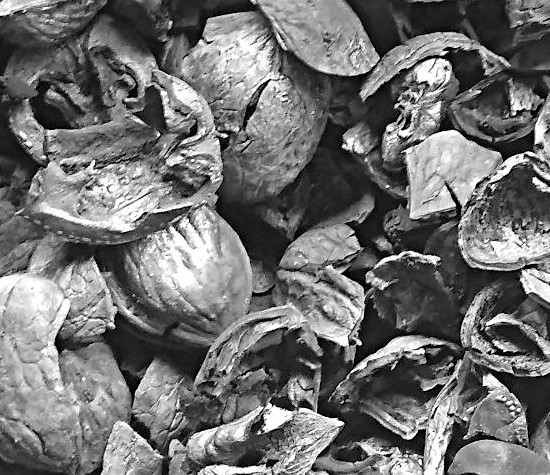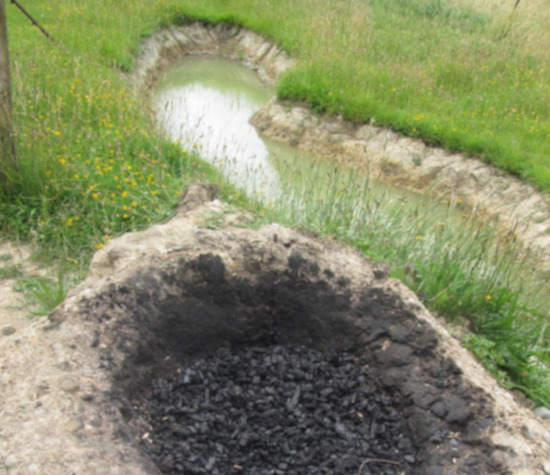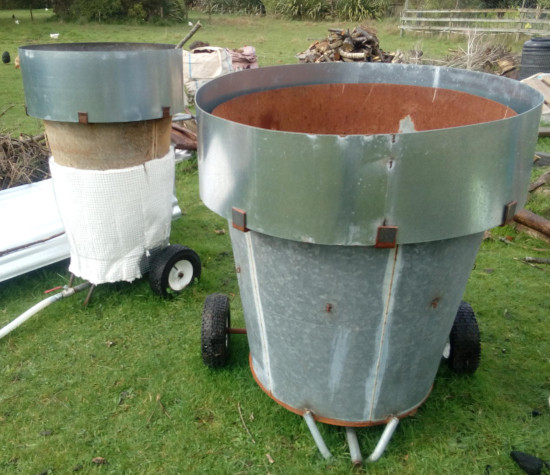Biochar: a climate change solution
As plants grow, they remove carbon from the atmosphere. As plant matter decomposes, carbon cycles back into the atmosphere. If, however, plant-based materials are instead pyrolysed—if they are heated in the absence of oxygen—then the carbon is instead transformed into a stable form known as biochar, which effectively resists the decomposition processes that would put the carbon back into the atmosphere.
If long-term carbon sequestration were biochar's only benefit, this alone would be sufficient reason to make as much of it as possible. But there are many other compelling reasons to incorporate it in all sorts of applications: soil fertility, animal health, water remediation, building materials, and technologies like next-generation batteries to store renewable electricity...energy that could be derived from the spare heat that is released in the pyrolysis process.
Biochar has the potential to heal our atmosphere through long-term carbon sequestration, to clean our water through nutrient filtration, to improve our soil by enhancing the habit of soil life, to reduce our dependence on fossil energy--and more. Slow Farm is developing a biochar-centred social enterprise for ecological and social outcomes and livelihoods, and offering expertise and advice on incorporating pyrolysis in waste minimisation and energy projects.
Properties of biochar
Long-term storage of carbon
Biochar is a durable form of carbon that changes very little in the presence of chemical and biological activity. Black carbon deposits in some grassland soils have been reliably dated to > 7,000 years in the US Midwest, and > 12,000 years in Ukraine.
High porosity
Biochar's microscopic pore structure provides immense internal surface area and optimum habitat for soil microbiota. This porosity makes biochar an ideal amendment for increasing soil aeration and water retention.
Nutrient exchange capacity
High cation exchange capacity gives biochar superior adsorption qualities and the ability to bind and retain ionic nutrients. Soil microbiota increases the availability of these nutrients for plant roots.



